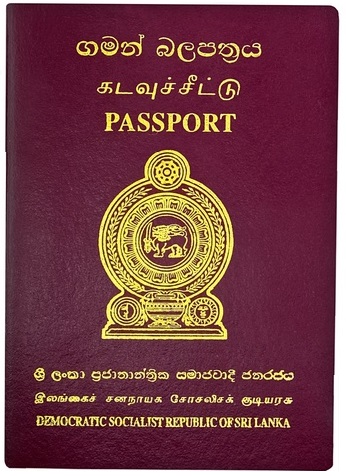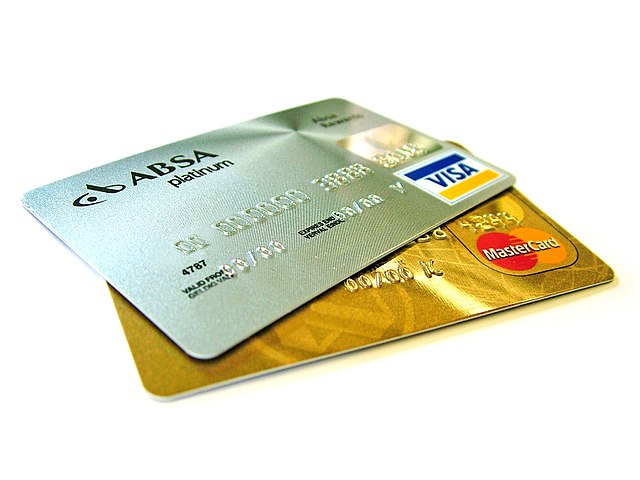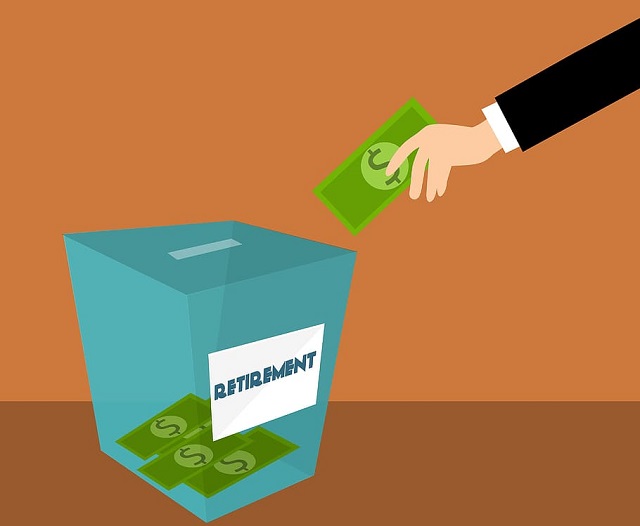Sri Lanka economic crisis is for the bad external advice and misguided policies. The nation has faced the issue due to a severe balance of payments (BoP) problem. Besides, the reserves of foreign exchange are depleting rapidly. Nowadays, it has become hard to import vital consumption goods. As a result, the nation can't repay past debts. In the article, we have let you know about the causes of the recent problem and documented the roles of different groups.
If you want, you can find out the roots of the issue of colonialism and the post-war developmental pathway. In this century, the country's fortune in economy has been tied continuously to exporting primary commodities like tea and rubber and garments. With the help of the primary commodity exports, tourism and remittances, it mobilized foreign exchange reserves, and it used these to import essential consumption items like food.
Sri Lanka Economic Crisis reasons:
- In 2009, the nation emerged from a 26-year long war. People expected that the growth in economy would revive. The country's post-war GDP growth was high for pent-up demand between 2009 and 2012 at 8-9% per annum.
- After the global fall in commodity prices, the economy was on a downward spiral. The country experienced a slow down in exports and a rise in imports. After 2013, the average GDP growth rate became halved.
- The government of Mahinda Rajapaksa was under a $2.6 billion loan obtained from the IMF or International Monetary Fund in 2009. The budget deficits were very high in the war.
- Besides, the major fight of 2008 drained its foreign exchange reserves. In 2009, they obtained the IMF loan in this context, but they did a condition, the budget deficits need to be decreased to 5% of the GDP by 2011.
- While there was no increment in growth or exports, and the nation was experiencing the continuing drain of foreign exchange reserves, United National Party (UNP)-led coalition government took another US$1.5 billion loan from IMF. They approached the IMF in 2016 for three years between 2016 and 2019. The condition of IMF was that they have to decrease the fiscal deficit to 3.5% by 2020. There are other conditions included also— the tax policy and tax administration; control of expenditures; the commercialization of public enterprises; flexibility in exchange rates; improvement of competitiveness; and an accessible environment for foreign investment.
GDP, Debt and Savings Rate:
The GDP growth rate shrank from 5% in 2015 to 2.9% in 2019. Besides, the investment rate was 31.2% in 2015, but it fell in 2019 and came down to 26.8%. In addition, the country faced a change in the savings rate from 28.8% in 2015 to 24.6% in 2019. The Government revenues get reduced to 12.6% of the GDP in 2019 from 14.1% of the GDP in 2016. Moreover, the Gross government debt experienced a rising GDP from 78.5% in 2015 to 86.8% in 2019. According to Jaishankar, India is working extra time to offer swift assistance to the nation.
Incidet of 2019:
In 2019, the country witnessed two major shocks to its economy. First, they faced the Easter bomb blasts of April 2019 in churches in Colombo, and the accident caused the death of 253 people. Tourists didn't prefer to come after the incident in foreign exchange reserves. And the second incident was when a new government replaced the UNP-led government in November 2019. Gotabaya Rajapaksa was the leader of the new government, named as the Sri Lanka Podujana Peramuna (SLPP).
During their campaign, the new government had promised the people to reduce tax rates and offer wide-ranging sops for farmers. It was Gotabaya Rajapaksa who implemented the plan to slash taxes.
The new government decreased the VAT or value-added tax rates from 15% to 8% in December 2019. Besides, it raised the annual threshold for VAT registration from LKR 12 million to LKR 300 million. In addition, they raised the annual income threshold for a waiver from LKR 500,000 to LKR 3,000,000. They also ruled out the nation-building tax, the PAYE tax, and the economic service charges.
Affect of Covid-19:
According to the estimate, a 33.5% decline was there in the registered taxpayers between 2019 and 2020. They witnessed GST/VAT revenue halved between 2019 and 2020. In 2020, the situation became worse for the COVID-19 pandemic. All the rubber, tea, and garments exports faced a tough time. The country spent, on average, about $260 million on fertilizer subsidies per annum.
The Gotabaya government came up to give a solution to stop foreign exchange reserves from draining. The country became a 100% organic farming nation overnight.
Although they withdrew the policy in November 2021 after the farmer protest, it pushed the nation to the brink of a disaster. The Agricultural scientists warned the Gotabaya government about the potential losses from the organic farming policy. They said the government that yields can drop by 25% in paddy, 35% in tea, and 30% in coconut.
Conclusion:
The country's economy grew slower than usual at 1.8 % in the last quarter of the 2021 financial year. According to the data of the government's statistics department, the entire growth of the year was 3.7 percent. The nation's central bank had projected a growth of 5 % for the year.
Frequently Asked Questions:
Why is Sri Lanka in an economic crisis?
When it was 2010, the nation faced a sharp rise in foreign debt. In 2019, it reached 88% of the country's GDP. Besides, the COVID-19 pandemic has increased the crisis. In 2021, the foreign debt rose to 101% of the nation's GDP result of which the country faced an economic crisis.
What are the reasons for the situation?
The five main reasons for the crisis are as follows:-
- The five broad causes of the situation are:
- External Economic Attack.
- External Information Attack.
- Breakdowns.
- Psychopathology.
- Human Resource Factors
Is the nation in financial trouble?
The country is experiencing an unexpected economic problem. The issues of the nation have been increasing for years. Besides, the country is facing annual inflation in double digits. Their rupee has plunged to a record low against the U.S. dollar.




